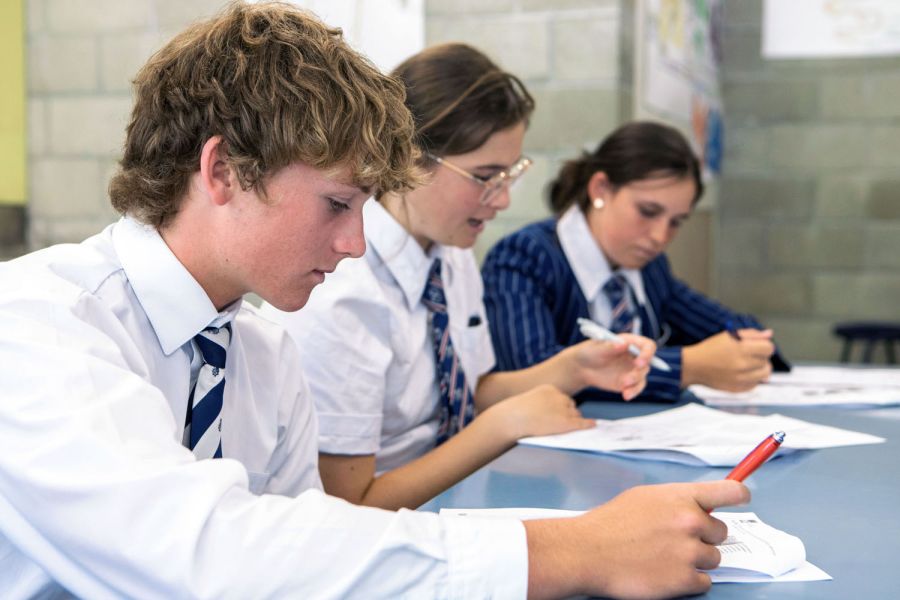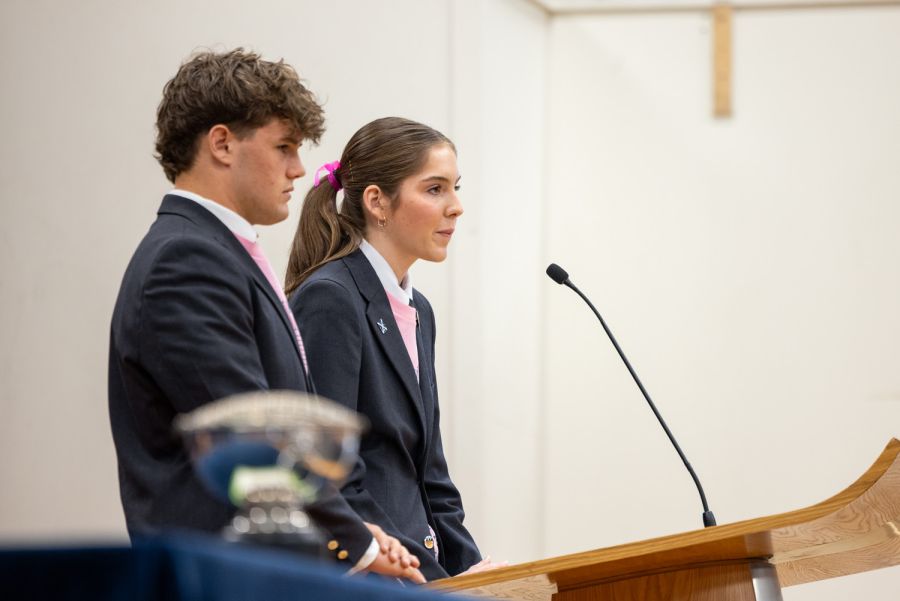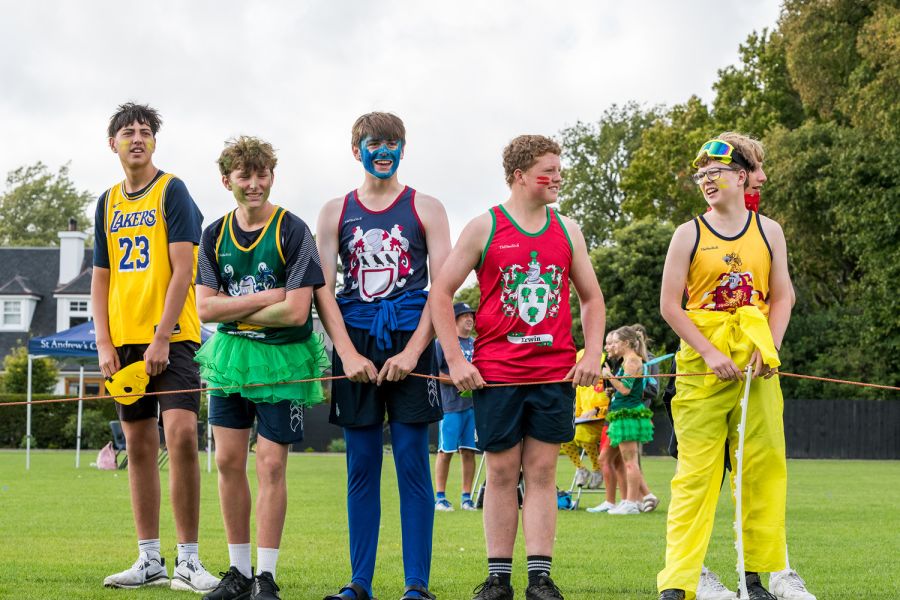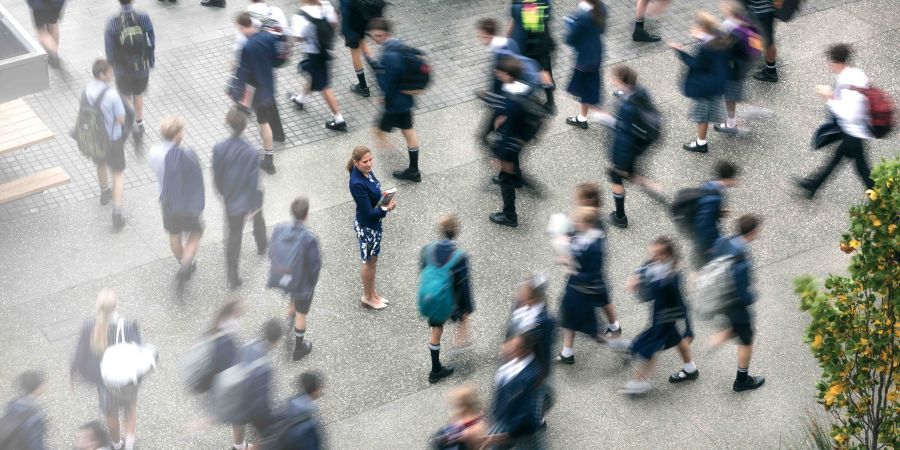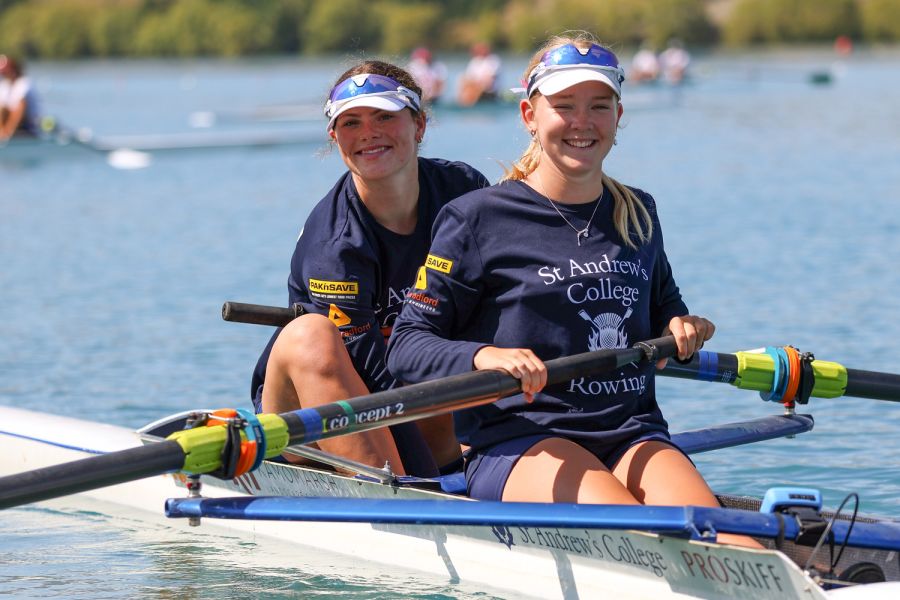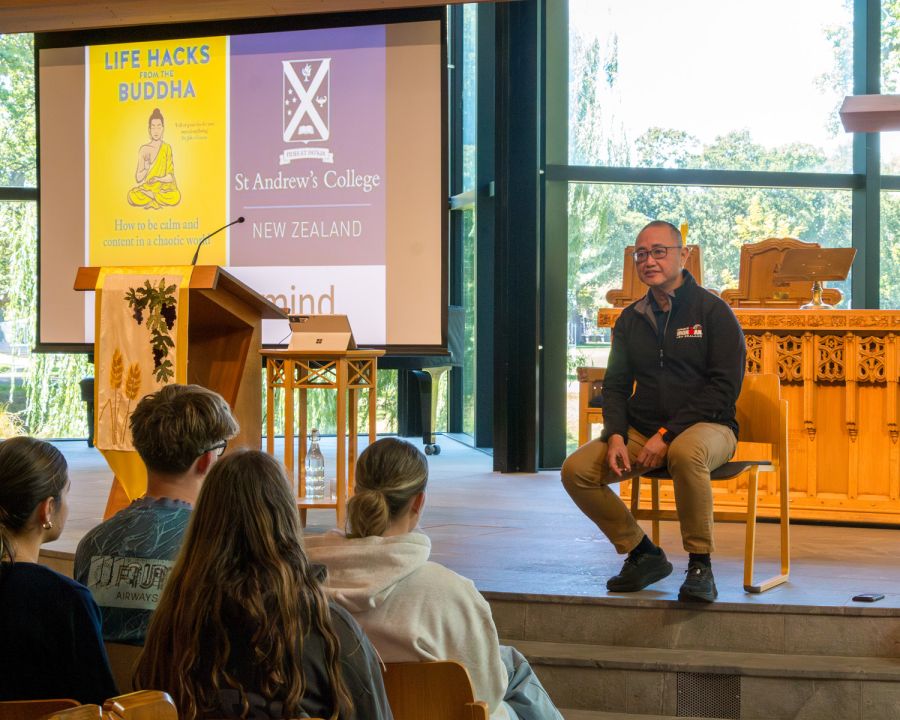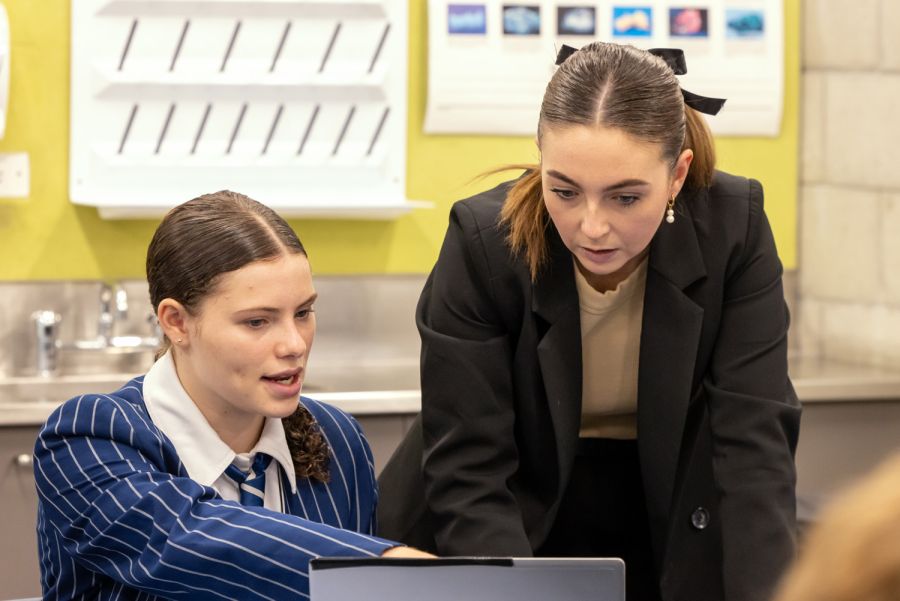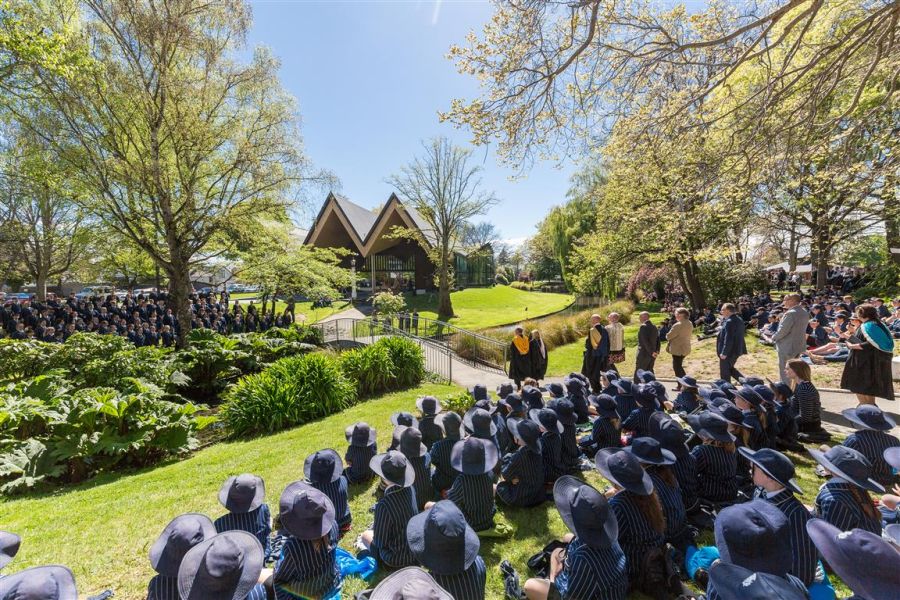Well-being Blog
Ngā Ūpoko ā-kura
The purpose of this blog is to share stories about embracing the philosophy of Positive Education to the culture and curriculum at St Andrew’s College.
We are a school that believes well-being and the shaping of character is at the core of a quality education.
Filter by:
